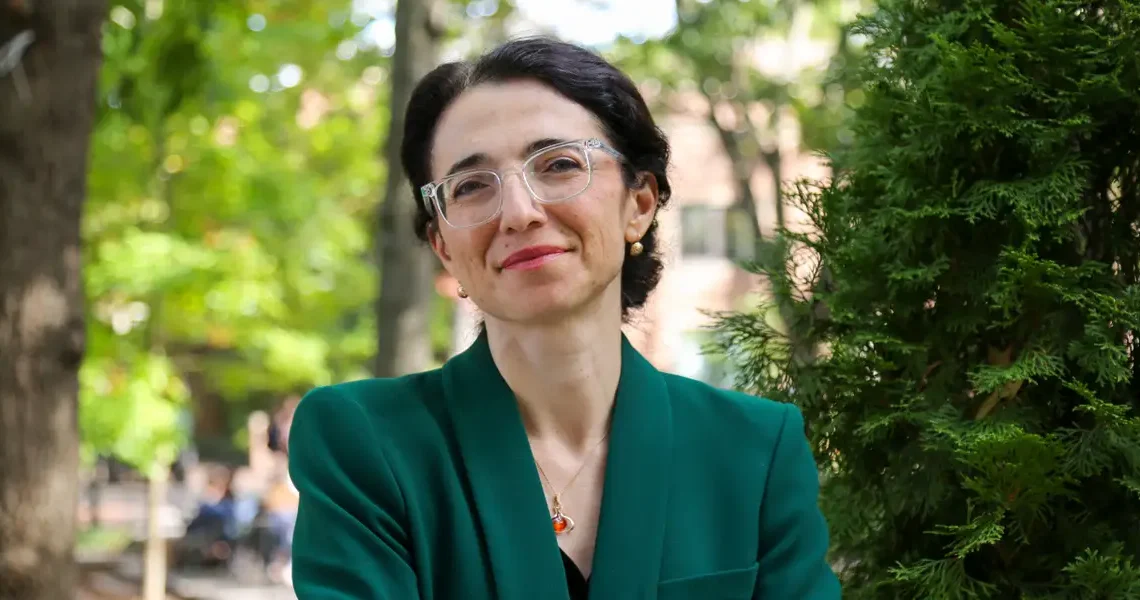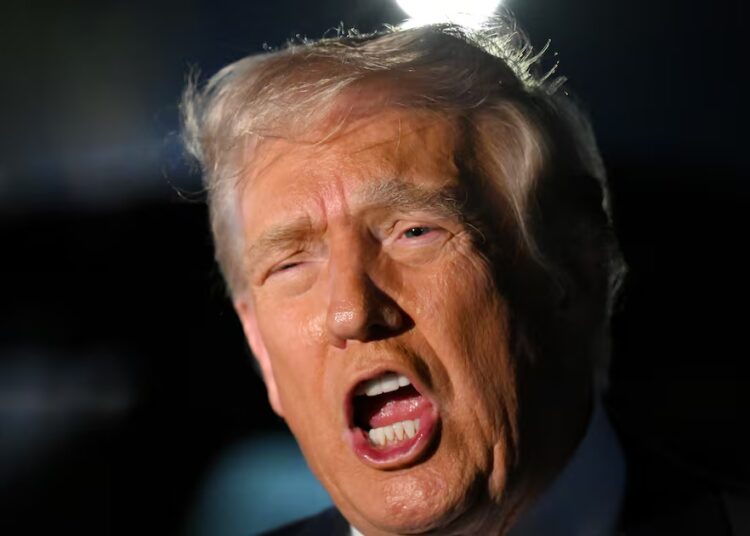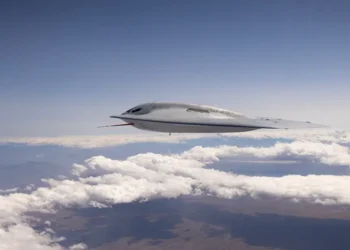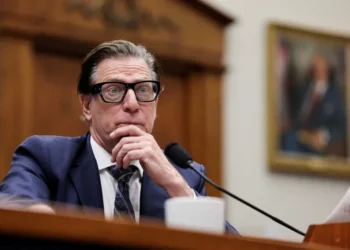Early on, AI can make workers more productive — helping them do more, faster — which tends to lift wages before automation starts to replace some of those jobs.
But AI may already be pushing wages toward their peak, said Ioana Marinescu, an associate professor at Penn’s School of Social Policy & Practice and coauthor of a new Brookings Institution paper on “intelligence saturation.”
“We are over 14% automation,” she told Business Insider, citing her research. “This is closer to a potential decline in wages than no automation.”
Her Brookings model suggests that as soon as roughly 37% of cognitive or “intelligence” tasks are automated, wage growth could start to reverse.
“But when the decline happens exactly depends on parameters,” she said.
The warning signs to watch
The first signs that we’re nearing that peak will be slowing wage growth and a shift in employment away from intelligence-heavy jobs toward physical ones, Marinescu said.
She said the economy has already automated more than 14% of “intelligence” tasks — a share that’s been steadily rising since the 1980s. She based that estimate on research showing that the share of routine cognitive jobs fell from 49% in the late 1970s and 1980s to 35% in 2018 — a 14-point drop she interprets as a proxy for automation in intelligence-based work.
That places us on the upward slope of what she and coauthor Konrad Kording call the AI pay curve: wages rise as workers use smarter tools, then flatten, and eventually decline as machines take over more of the work.
“For wages to ever decline due to automation, it is necessary to see a decrease in the share of workers in intelligence jobs,” she said. “This would happen, for example, if job losses in tech are not compensated by job gains in other intelligence jobs, and if physical jobs stay steady.”
If that shift takes hold — say, if software developers, translators, or marketing writers are replaced by AI without new high-value roles emerging — the overall share of intelligence-sector employment could decline, setting the stage for a wage downturn.
Which jobs could go first — and how fast the shift could happen
The model assumes automation starts with the easiest intelligence tasks to replace, Marinescu said — jobs where AI can quickly outperform humans in pattern recognition, translation, or basic writing.
“We expect these jobs to decline first, for example, translators or basic marketing copywriting,” she said. “If they are not replaced by other intelligence jobs, the share of jobs in intelligence will tend to decrease, potentially leading to wage declines.”
How quickly that shift happens depends on how closely the physical and intelligence sides of the economy are linked. When they become more interchangeable, wage losses accelerate.
Marinescu said pay tends to decline faster when AI can easily replace more types of human work: “As intelligence and physical sectors become more substitutable, workers who huddle in the physical sector benefit less from further automation.”
She added that the same is true within the intelligence sector itself: “As intelligence tasks become less substitutable with each other, wages grow for longer, but decline faster once they start to decline.”
What she’s watching next
Marinescu said the single most important metric to track is the share of workers in physical versus intelligence-sector jobs — in other words, whether humans are moving toward or away from the kinds of work AI can easily replace.
If that balance starts to shift — with more people leaving desk-based cognitive jobs for embodied, slower-growing ones — the AI pay curve may already be nearing its peak.
Read the original article on Business Insider
The post The AI pay boost could peak sooner than you think, professor says appeared first on Business Insider.




